Study Abroad Destination
Morocco
A Semester at Sea destination like no other.
Between the Desert and the Sea
Ancient history meets cosmopolitan energy in the city of Casablanca, our point of entry to the vibrant Kingdom of Morocco. From urban exploration to desert excursions, experiencing Morocco on Semester at Sea serves as an introduction to the many brilliant facets of this North African cultural epicenter.
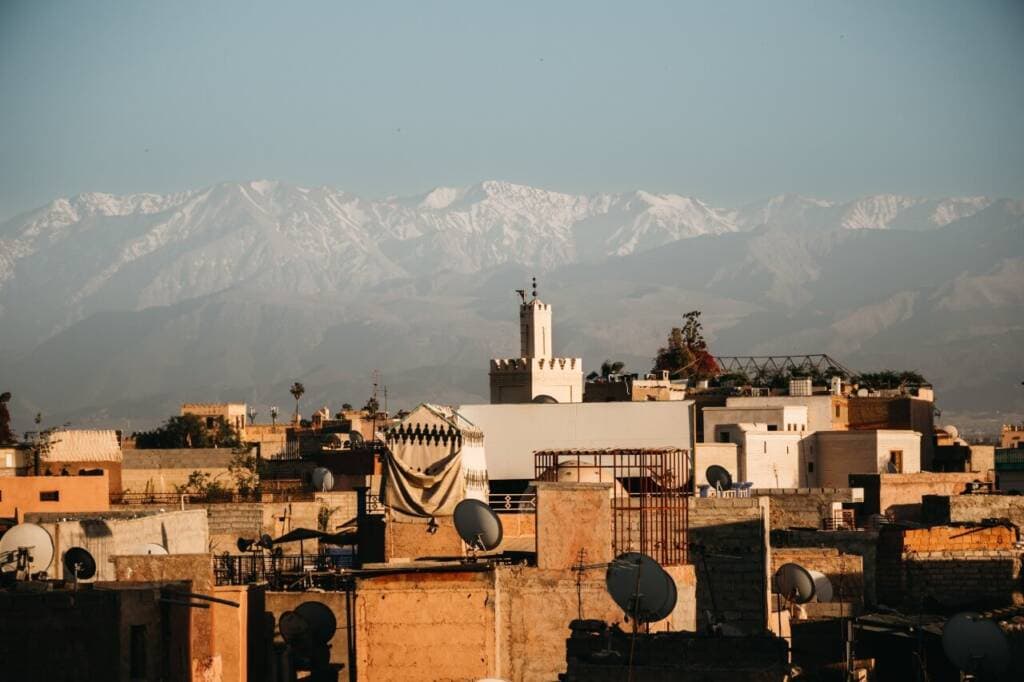
Morocco Overview
Why Morocco?
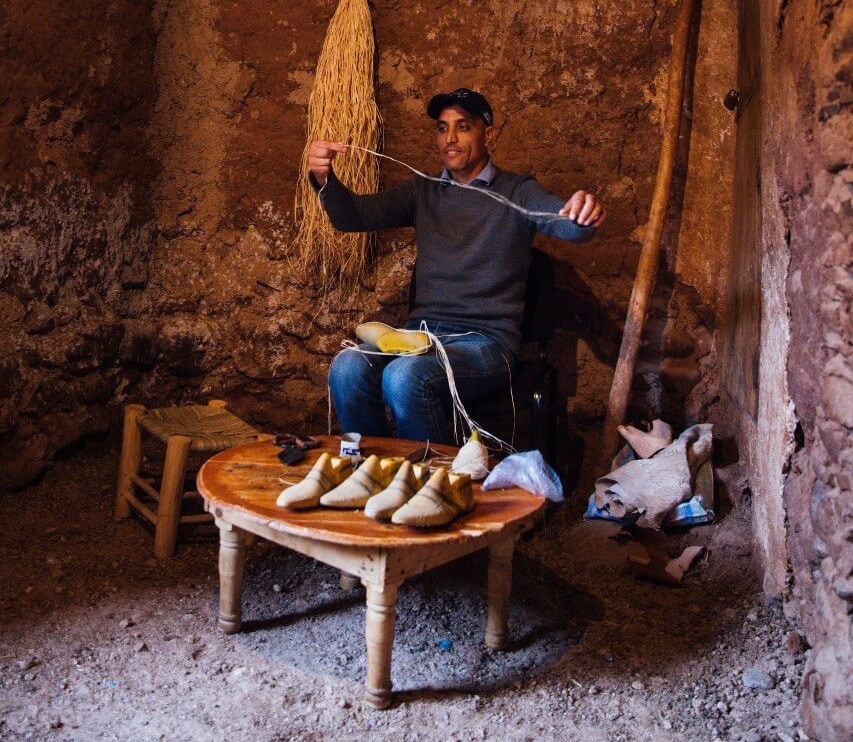
Contemporary Moroccan culture is complex and multi-faceted, influenced by Arab identity, indigenous North African heritage, and former French and Spanish colonial rule. In the city of Casablanca and beyond, Semester at Sea voyagers will experience this unique confluence of cultures through:
- Exquisite local cuisine
- Religious customs and heritage
- Bustling market scenes
- Striking art and architecture
- Vibrant music and festivals
The in-country excursions provided by SAS staff and local guides are a chance to take in a wide range of attractions without needing to personally handle logistics.
Semester at Sea
Morocco Experience
The Semester at Sea port of call in Morocco is the vibrant metropolis of Casablanca. Once in port, voyagers can choose from Field Programs including multi-day trips to explore some hidden gems further afield.
Highlights include:
- Visiting Hassan II Mosque, the second largest in the world after Mecca
- Riding camels to a desert campsite and sleeping under the stars
- Exploring Chefchaouen, the infamous blue city
- Taking a Moroccan cooking class
Each Semester at Sea stop in Morocco lasts only about five or six days, but the sights, sounds, textures, and flavors tend to stay fresh in voyagers’ minds long after departure.
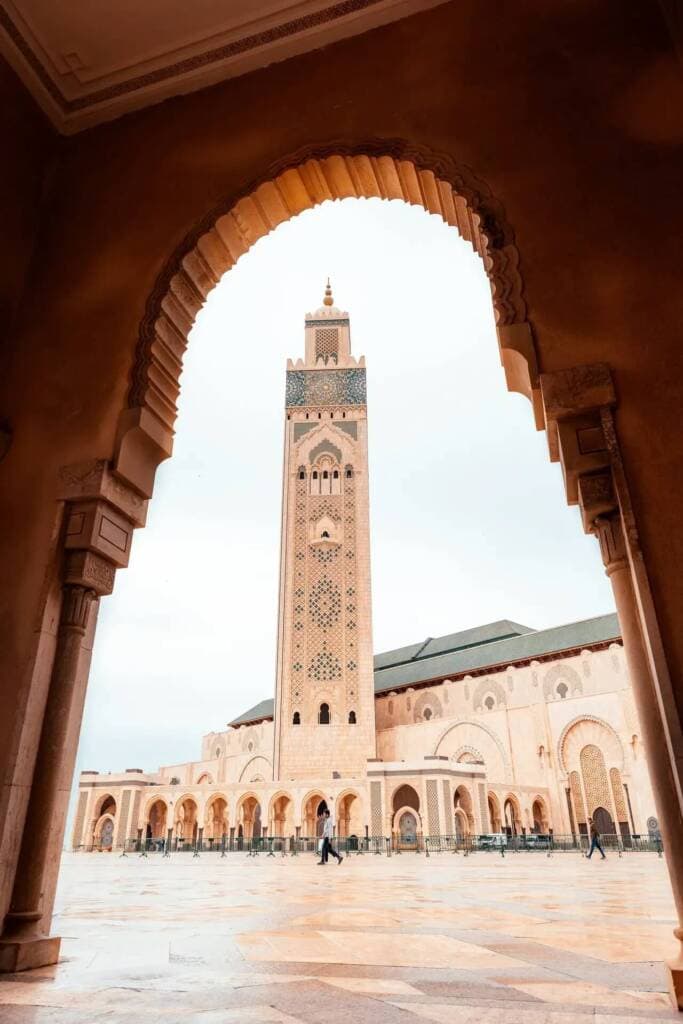
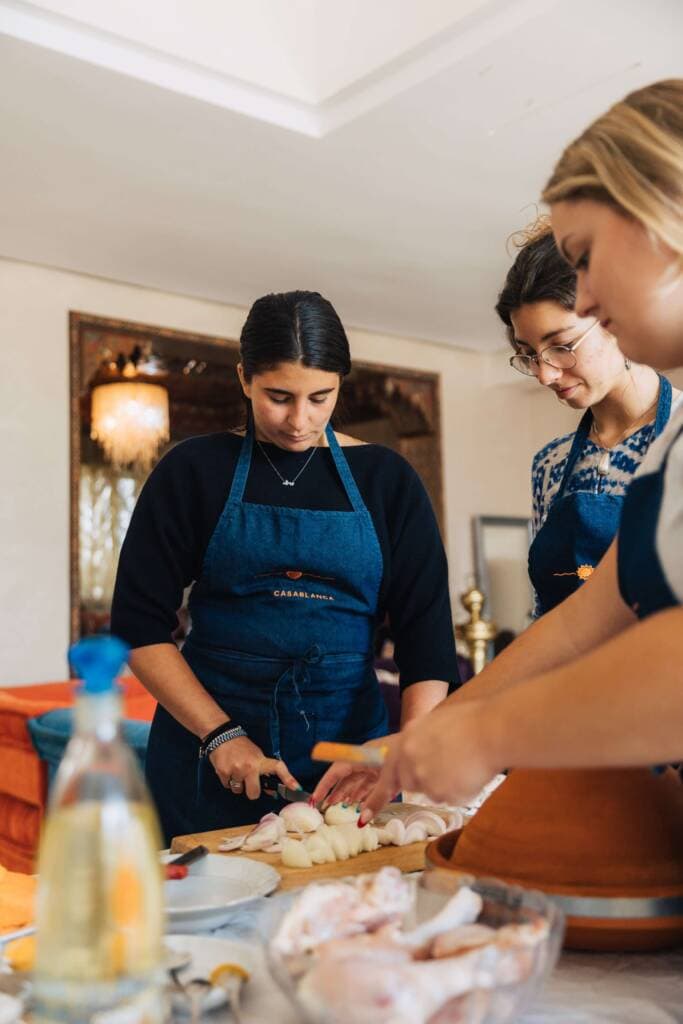
Morocco
Voyager Travel Tips
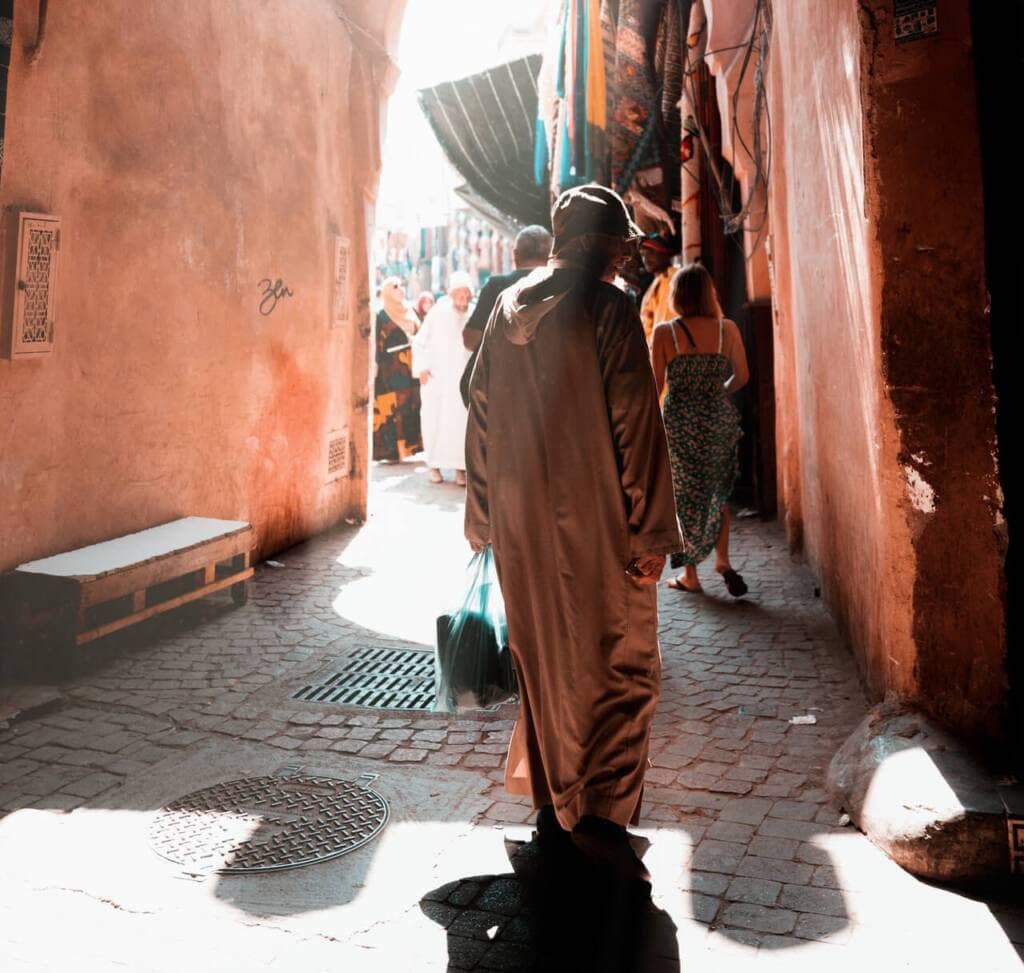
Travel Tips for Moroccan Port of Call
Every destination and port of call is unique, and each carries its own set of circumstances and expectations for travelers. Our top priority is the health and safety of our voyagers — we want all program participants to be as informed as possible so they can enjoy each port experience to the fullest.
Please be advised that the tips below provide a general overview of travel considerations, and are not intended to dissuade voyagers from experiencing this unforgettable destination.
In-port transportation is coordinated by SAS; avoid walking inside the port, where commercial activity may pose safety risks. You may use Casablanca’s “petit taxis” (red, three-passenger sedans) or web-based ride-share services Heetch and Careem. Avoid intra-city public buses, especially at night, and “grand taxis” (older white vehicles with blue checked stripes) due to overcrowding, lack of proper maintenance and seatbelts, and aggressive and reckless driving. There is an extensive and reliable inter-city train network.
Most crime is petty in nature; however, street harassment of women, especially Westerners, is prevalent. All voyagers are encouraged to travel in pairs or groups and certain parts of the city should be avoided. Dress in a conservative manner (especially during Ramadan), avoid displays of wealth, and remain aware of your belongings to reduce the risk of becoming a target of theft. Expect to encounter challenging attitudes around sexuality or gender identity; while the LGBTQ+ community is allegedly tolerated, homosexuality remains illegal, and any open displays of affection will likely draw unwanted attention. While it is not mandatory in public, women may be asked to don a head covering at certain religious sites. Public intoxication is never tolerated. Swimming at Casablanca beach is not advised due to rip currents.
Use bottled or otherwise purified water for drinking and brushing your teeth and confirm the seal on the bottle. Avoid ice cubes and salads, consume only pasteurized dairy products and aged cheeses, and only eat fruit you have personally washed and peeled. In general, try to avoid street vendors and unregulated food establishments, though anywhere serving hot food prepared in front of customers is least likely to pose a health risk. Air pollution routinely exceeds recommended thresholds in urban areas, so individuals with asthma or chronic cardiorespiratory conditions should take necessary precautions. In the event of a medical emergency, immediate ambulance services are usually not available; contact an SAS staff member as soon as possible.
The local currency is the Moroccan dirham (dh). Tipping is customary and much appreciated as minimum wages are very low compared to the cost of living. When taking photos of vendors, artisans, and/or products in the markets, be thoughtful and always ask first about tipping expectations (usually 5 to 10 dh).
Ship ID and passport (if staying in a hotel or exchanging money in the bank).
Coastal Morocco maintains temperatures between 60° and 80°F (15°–26°C) throughout the year, with occasional heat waves and very little rainfall. Moderate year-round humidity is often exacerbated by urban air pollution.
The primary method of contacting SAS voyage staff is via WhatsApp chat (WhatsApp calls may not work). To place calls within Morocco, dial your country’s exit code (US is 011), then the country code for Morocco (+212), then the area code and phone number.
All voyagers receive contact information for local police, fire, ambulance, medical emergency services, and the U.S. embassy and consulate.